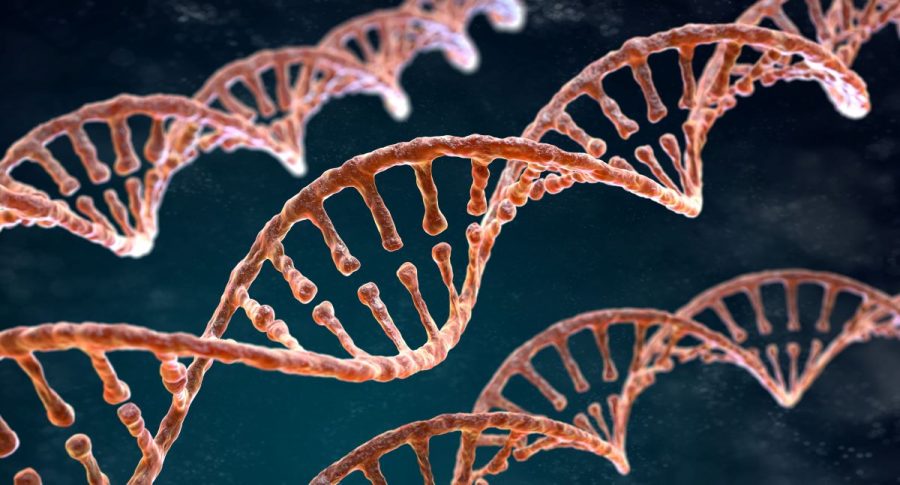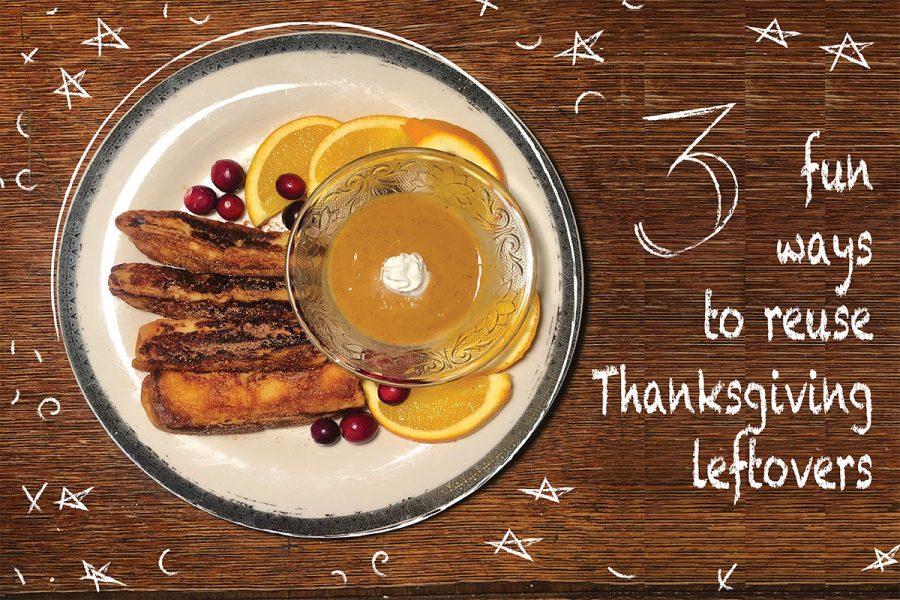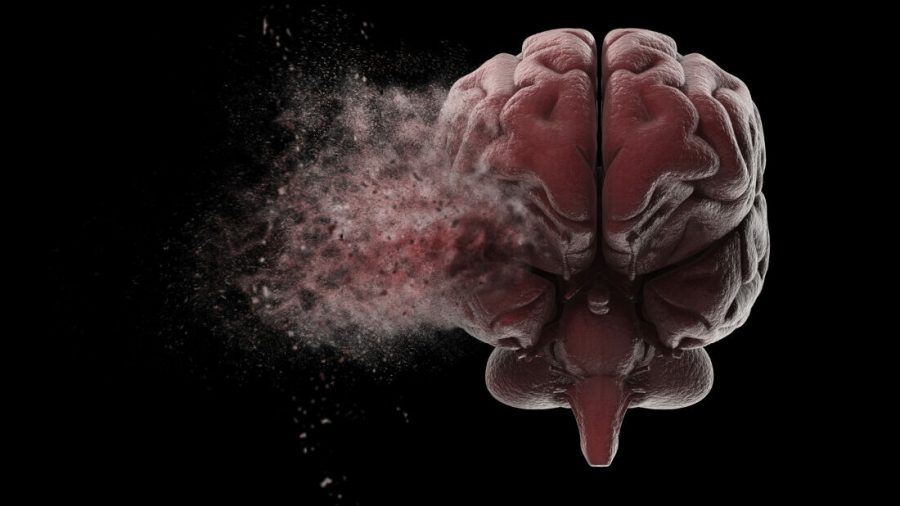Athletes generally play to win. Whether it be football, baseball, soccer, basketball, dance, etc., the reality of it is that the name of the game is usually winning.
Winning can’t just happen, though; it requires performance and training. For athletes to perform well, they have to be healthy and energized so they can reflect their full potential. What am I getting at, you may ask? Well, athletes need the right food in their stomachs in order to do their best. Coaches or trainers usually suggest fruits, vegetables, or maybe carbs or lean meats before a meet, game, or some sort of competition. Although, if you look around a sporting event at the concession stands set up, these normally aren’t the types of foods offered. The wafting smells of hot dogs, nachos, popcorn, or burgers surround people at game fields or in stadiums. There is usually candy and other sweets for sale along with sugary drinks and soda. How in the world does this correspond with what athletes are supposed to eat? Right, it doesn’t.
As a runner, for example, looks to snag a snack between events, he or she probably isn’t looking to stuff themself with fattening, heavy food. That just doesn’t make sense. Unfortunately, most sporting event environments offer only that. Every so often you may see a bag of pretzels or crackers for sale, but the bags hanging inside concession stands are a lot of the time greasy potato chips. Instead of energizing an athlete, these fatty foods will only fill them up in the wrong way.
I was the kind of kid who wanted to be going 100 miles a minute at all times. In the summer, I packed up my bag each morning prepared for golf, swim, and tennis lessons. My mom would give me a nutritional breakfast and an apple as I walked out the door. Wednesday nights were swim meet nights. I’d run to the concession stand between events in my swim cap and goggles and end up getting a Gatorade and maybe a hot pretzel thinking it would be a good thing to eat before I jumped in the water for another race. Wrong. Eating junk only made me feel sick, definitely not energized. Unfortunately, athletes deal with this all of the time.
I started dancing competitively in fifth grade, which I found to require much more stamina than any other sport I’d ever participated in. Believe it or not, I discovered that dance competitions served the same kinds of food as other sporting events. Just great. Before and after performing dances, dancers should eat nourishing foods that will keep them replenished and ready to go. Why is it so difficult to sell fruits and vegetables at concession stands? Instead of ice cream and cookies, offer some peanut butter crackers or yogurt. If sporting event concession stands would alter their menus to be at least somewhat healthy, athletes would surely perform better and get more out of their exercise. Basketball players about to play a big game against their rival shouldn’t gorge themselves with hot dogs and burgers; they should eat a filling yet healthy meal that will make them feel good and give them the ability to be the best they can be.
My point here is that fattening foods being served at sporting events only tempt athletes to eat them because they’re hungry and need some energy. Ironically enough, eating badly is making them worse off. It’s an easy fix; it just needs to be acted on.
Stop with the junk at games. Instead of concession stands stocking up with greasy foods and fattening snacks, those in charge should actually consider what athletes should be eating at their sporting events. Swap some hotdogs and nachos for some bananas or carrots and a salad with some chicken. The day I see fruit and vegetables in a concession stand will surely be a good one.


















































































